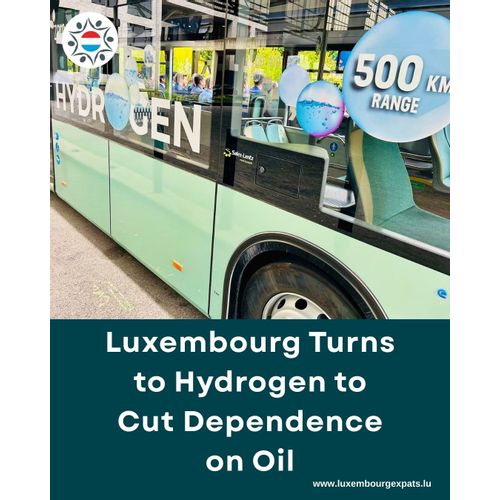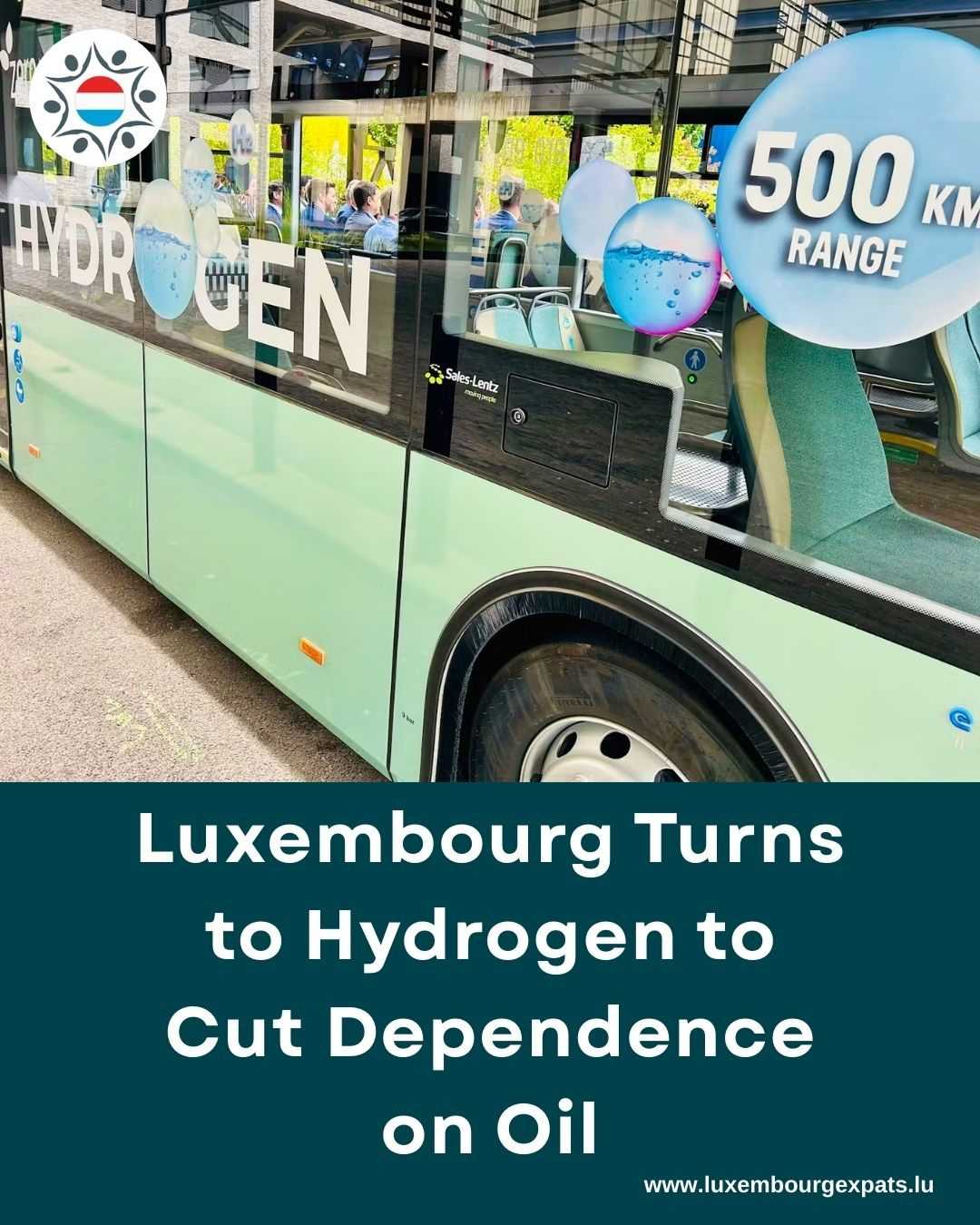Luxembourg Turns to Hydrogen to Cut Dependence on Oil
LuxembourgPosted on 27 September 2025 by Team · 2 min readLuxembourg, like the European Union, has pledged to achieve climate neutrality by 2050. A cornerstone of this transition will be green hydrogen, produced from renewable energy sources, which offers a sustainable alternative to fossil-based fuels and raw materials.
To support this shift, Luxembourg is building two production sites in Bascharage and Keispelt dedicated to generating green hydrogen. This renewable alternative is meant to replace “grey hydrogen,” which currently dominates the country’s usage and is derived from fossil fuels. Beyond industry, green hydrogen can also support mobility and large-scale energy storage, making it a vital piece of the decarbonisation strategy.
Hydrogen has several advantages. It can serve as a raw material in industry, a fuel for vehicles, and a method of storing electricity, functioning much like a large-scale battery. When produced from renewable sources, its use is climate neutral: energy generation through hydrogen fuel cells produces only water, not CO₂.
Still, its application in smaller vehicles such as cars remains limited. By 2024, only 14 hydrogen-powered cars were registered in Luxembourg. Production is energy-intensive, making it less competitive compared to electric batteries, which have become significantly cheaper and more efficient in recent decades. For now, batteries remain the preferred solution for passenger cars.
However, hydrogen shows greater promise in larger vehicles where batteries are less practical due to their weight and limited range. In Luxembourg, Sales-Lentz and the TICE bus network are already testing hydrogen-powered buses. Beyond road transport, fuel cells are also being trialled in maritime applications, from small vessels to auxiliary systems on larger ships. Additionally, hydrogen could help produce synthetic fuels to reduce reliance on conventional kerosene in aviation.
Hydrogen also plays a critical role in energy storage. Renewable sources like wind and solar do not always align with demand, creating a need for efficient storage solutions. On a large and long-term scale, hydrogen may prove more cost-effective than batteries. Yet, the development of infrastructure—particularly pipelines for transport—remains a significant challenge.
In the short term, Luxembourg’s focus is on industry, which relies heavily on grey hydrogen for processes such as metal production, fertiliser manufacturing, and high-temperature furnaces. Replacing this with green hydrogen could deliver rapid reductions in greenhouse gas emissions. The two new Luxembourg production sites are set to target this demand, while pilot projects in transport and storage will test the broader potential.
As Luxembourg works to phase out gas, coal, and oil, green hydrogen is expected to become an essential tool in building a climate-neutral economy.
Join the community of your own - #1 home-grown LuxExpats app
SignUp Free : luxembourgexpats.lu
I am your contact
Team
Chat








